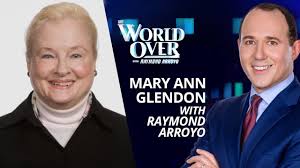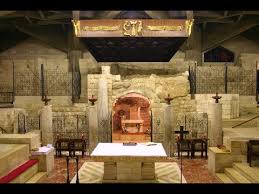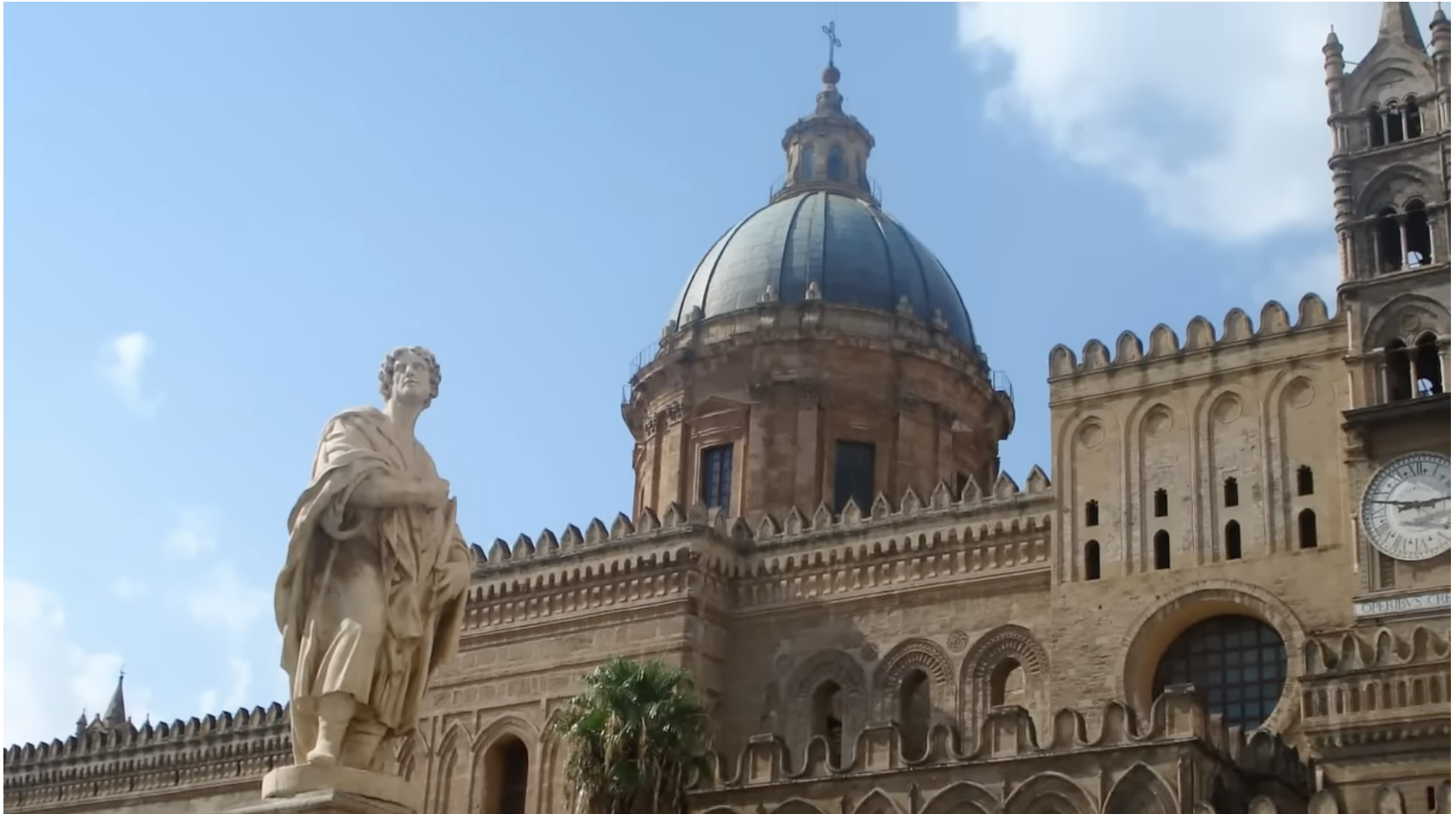The subtitle of God Is Not Great: How Religion Poisons Everything makes the just deceased Christopher Hitchens’ judgment of religion abundantly clear. Religion is not worth all the heartache caused by crusades and inquisitions, he argues, because it is merely a man-made phenomenon. By focusing on religion’s multiple manifestations, endless disagreements, historical contingencies, and Biblical patriarchy, he has declared that religion can be nothing other than of human manufacture.
Is he right? Is religion merely man-made? Are all religions the same? In the common view of many today, Hitchens is right: there are innumerable religions, and there seems to be no way to prove objectively which one is true or best. This is the view of religious pluralism espoused by many today, including not a few Catholics: all religions are equally valid since none of them has a monopoly on human happiness. The premise underlying this assumption is that there is no truth among claims to knowledge of the divine, the transcendent, and the moral life.
The Catholic religion throws a wrench into this picture: it claims to be the true religion, with true teachings about God and the moral life. But even more it claims that it is the path to a salvation that lies beyond the threshold of this world. Vatican II’s Lumen Gentium teaches “that the Church, now sojourning on earth as an exile, is necessary for salvation. Christ, present to us in His Body, which is the Church, is the one Mediator and the unique way of salvation. In explicit terms He Himself affirmed the necessity of faith and baptism and thereby affirmed also the necessity of the Church, for through baptism, as through a door, men enter the Church. Whosoever, therefore, knowing that the Catholic Church was made necessary by Christ, would refuse to enter or to remain in it, could not be saved” (14).
Such is the span of religion: on one end some religions offer a way of living in this world for its own sake, while the Catholic religion, on the other end, promises eternal life in the next world, and in doing so it has declared other religions “gravely deficient” in comparison to it (Dominus Iesus 22). If this is true, then there must indeed be a difference between religions, and this difference reveals that not all religions, the Catholic religion among them, are merely man-made.
In Truth and Tolerance, Joseph Cardinal Ratzinger offers an analysis of the origins and nature of religions that penetrates far beyond Hitchens’ superficial generalizations. When philosophers of religion look beyond the sheer plurality of religions, they identify a “commonly shared ‘religious experience’” that stems from “the inner experience of the divine that is experienced in its final common form by mystics of all times and of all places.” But this singular mysticism, whether experienced directly or passed on second hand, is not the sum total of religion, according to Ratzinger.

The history of religion demonstrates an additional manifestation: the “monotheistic revolution” of Israel, which began not from humanity’s inner experience, but from without, a call from God related through prophets. It is a “revolution” because it was brought about by “a few people who were filled with a new religious awareness and who shattered the myths [of the ancient world] and overthrew the gods of whom the myths spoke.”
For Ratzinger, then, there are two general types of religion. One is mysticism, whereby humanity’s spiritual experience is elevated into an absolute so that man can “plunge” into a passive God. The other is monotheism, which begins from the opposite premise: “man is the passive element upon whom God acts; here it is man who can do nothing of himself, but instead we have here an activity on the part of God, a call from God, and man opens himself to salvation in response to the call.”
Hitchens, like others who see the Bible as mere anthropomorphic fantasy and fastidious rule keeping, misses the uniqueness of the “revolution” that Ratzinger describes. The Old Testament patriarchs, in Ratzinger’s words, “appear practically uncouth”; but it is their lack of greatness – in contrast to the great religious founders Buddha and Confucius – that points to the singular quality of biblical revelation: God acts first, calling weak humans to Him not primarily to transform them, but so they can love Him. The Bible expresses this reality with human ideas and terms, and the monotheistic religions, though surely full of man-made traditions and elements, have an inner core that transcends human thinking.
Ratzinger states that we cannot scientifically prove which religion – the mystical or monotheistic – is true. The choice is always present to us, and extends beyond the theoretical realm to practical living. How, then, can we understand Catholicism’s claim as the true religion?
Following Augustine, Ratzinger locates the truth of Christian monotheism in its harmony with the nature of the world and with human behavior. Faith aligns with reason, behavior is directed by charity in a compelling synthesis that “constitutes the apology of Christianity as religio vera.” From this general synthesis, which hinges on the reality of the eternal Logos revealing himself as creative love, follows all the particulars of Catholic belief in salvation.
Is the Catholic claim for truth nothing more than religious imperialism? For Ratzinger, the truth must be freely chosen, not imposed. But Catholicism, when offered not just as a religion but also as a world view with a loving and beneficent God at its center, proposes a way of life far more beautiful and profound than any man-made creation could ever do.
So now you’ve heard from Robert Royal and Brad Miner about why you should help support The Catholic Thing. What are you waiting for, Christmas? Seriously, if you’re a regular reader of this site, you know there’s nothing else quite like it. At least that’s what many of you tell us. One of our readers says he uses TCT sometimes for meditating and even turns to us before saying his prayers in the morning (we don’t actually encourage that or think it wise, though we appreciate the enthusiasm). Another says he likes good writing that defends truth, and especially looks to us for both things on a regular basis. A third person is a big fan of the analysis and wants even more ideas about what to do to remedy our situation. We could go on. But you get the point. There are many reasons to support The Catholic Thing – and our new site Complete Catholicism, which you should start visiting regularly if you haven’t already caught the bug. In the new year, we’ll start bringing you some longer, original pieces in that venue that you won’t want to miss. And even more of the top Catholic writers in America and the world. So please, do your part in this work. Contribute today.














